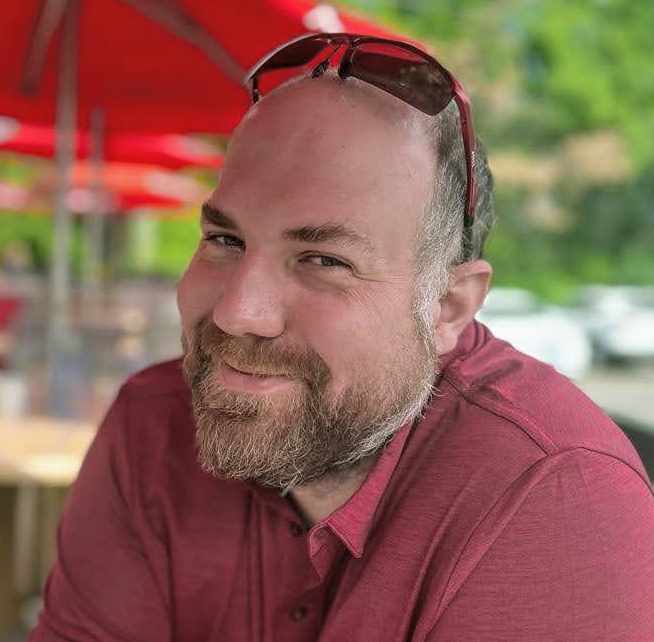As I mentioned, I haven’t been writing much recently. The problem with the essence of a blog is that it’s allegedly an online diary. Now that works well and fine if you’re on livejournal as ZergMaster69 and no one has a fucken clue who you are. But the problem is that on a blog you’re exposed((that’s from 2015, but I said basically the same thing in 2017 and 2018 and 2018 again, and 2020 as well)) (you can hover over the footnote number to see the footnote inline). In real life you basically have a few set of archetypes you present yourself to the world with.
Take for example who reads this blog, there’s 4 general category:
- Family((Mostly my aunts [Hi!]))
- Co-workers / former co-workers((There’s a bias here to former coworkers who worked at Automattic who potentially followed my blog vs current co-workers who mostly have no clue I have a blog))
- Friends((Current “real” friends))
- Random acquaintances((Folks from twitter, high school, university, politics))
Now the problem here is that these people usually get wildly different archetypes and perception on who I am.
Let’s take my most popular post((Now there’s a longer story to that since I thought my parents knew, since I told my dad before we got married and asked him to tell my mom. He clearly forgot, so, you know, they learned from family members who use social media, I’m sure that was a fun time all around)) by far, I think part of it is folks love gossip, and that shit is ripe for gossip. I can only imagine family members((again, probably mostly my aunts)) sharing that via their chat group((potentially via fax machines)). That post breaks the whole archetype I presented to family, (most) co-workers and (most) random acquaintances. I’m sure basically 0% of them would of guessed it.
I’ve mostly not mentioned anything related to poly since because well, again the whole archetype stuff. Unlike Facebook where I can pick and choose who sees updates((and I probably will do that to be honest)) on a blog, well, it’s all public. And let’s be honest, I don’t really want random family members to ask follow up questions on my recent heartbreak, then again, I don’t think anyone really wants to talk about heartbreak with family members no matter the circumstances….
Anyway, all that to say, fair warning you might have to endure some sappy emo shit on this blog for a bit.





























